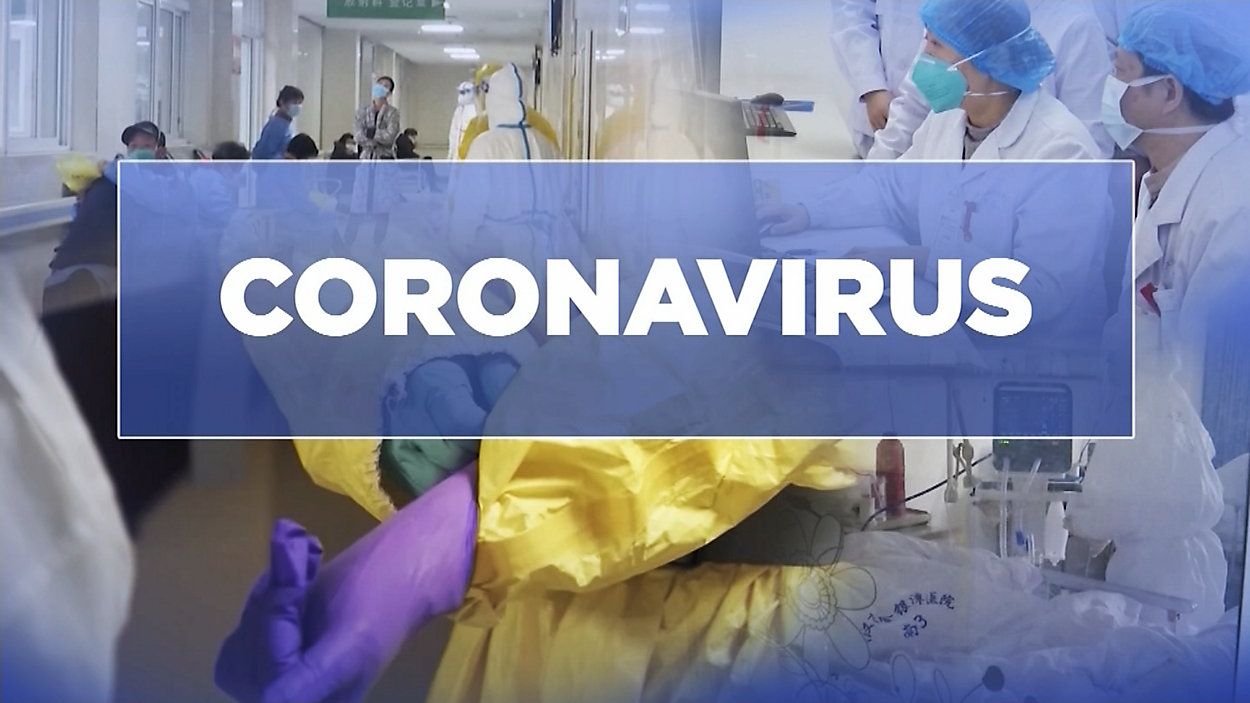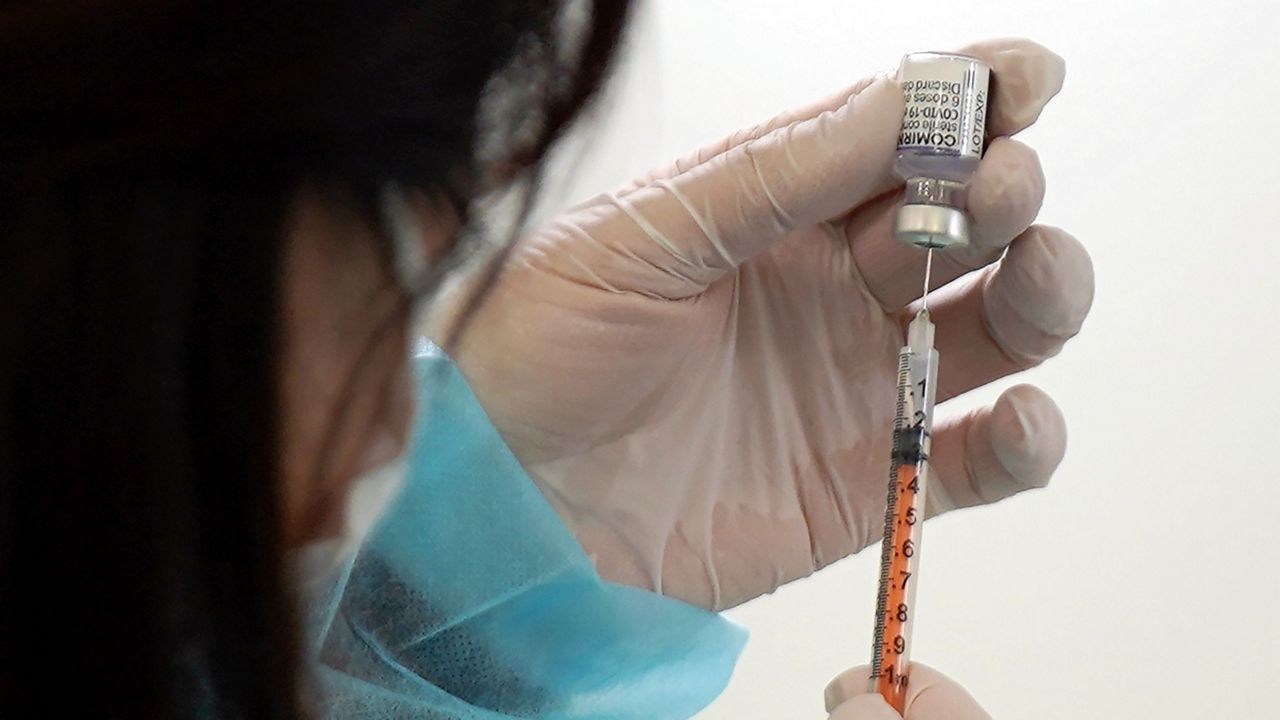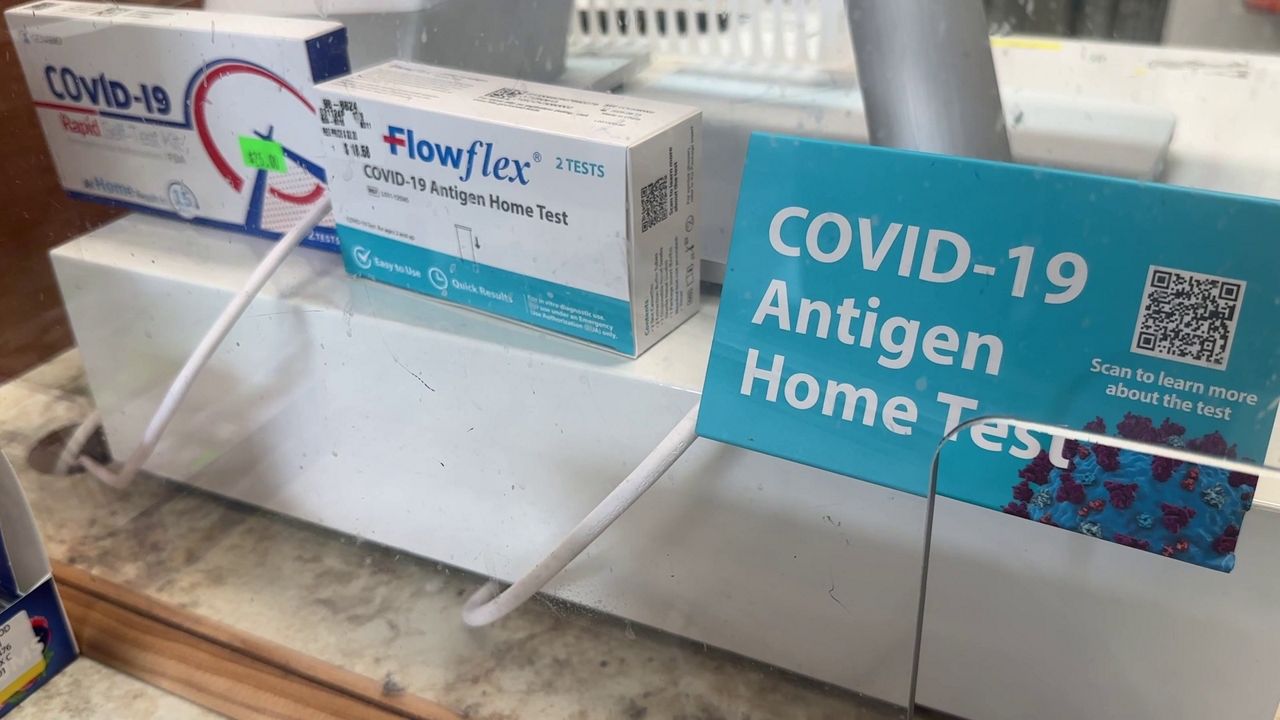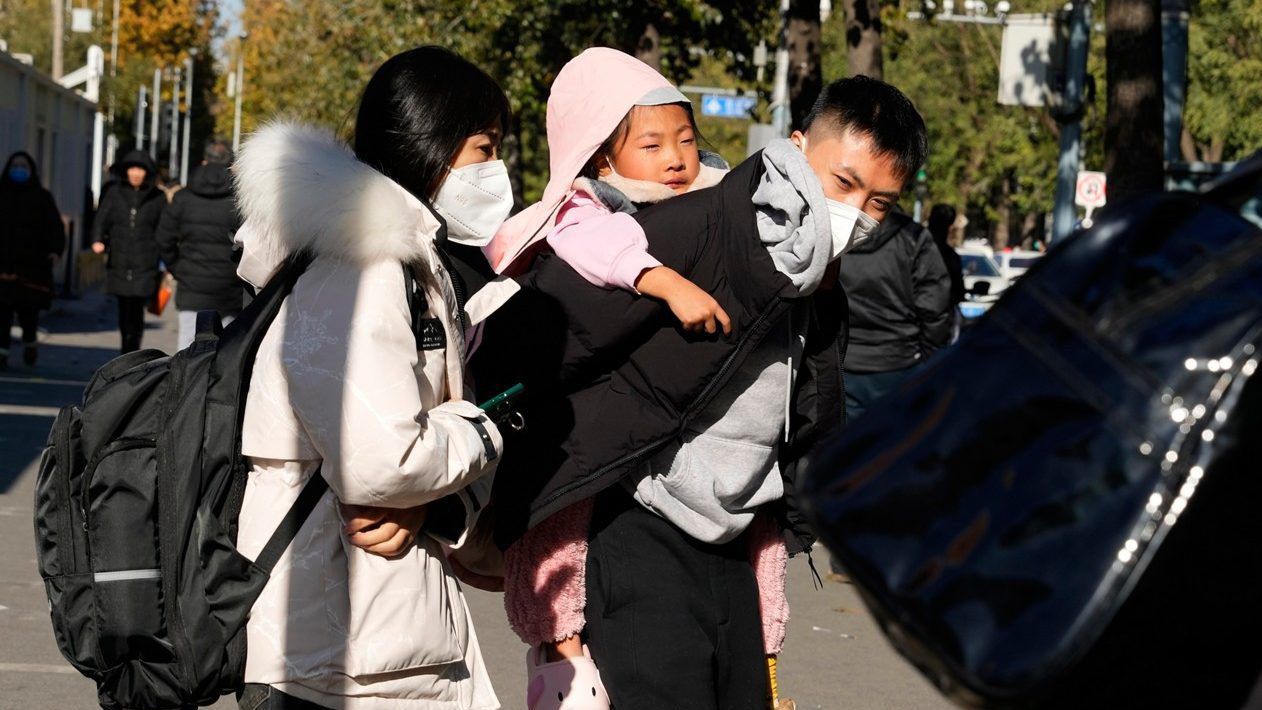ST. PETERSBURG, Fla. — The threat of coronavirus spreading in the United States has many people understandably worried and taking all sorts of measures to protect themselves.
Some methods are better than others, while some aren't effective at all.
Here's four questions asked and answered regarding do's and don'ts to prevent the spread of coronavirus:
1. Is there a preventative measure that's been identified as most effective against coronavirus?
Yes — washing your hands, and here's why, according to Tom Iovino of the Florida Department of Health in Pinellas County:
"The virus has a lipid coating on the outside which is a fat," said Iovino. "What happens is by simply using the soap, it dissolves that fat layer and kills the virus."
2. Are masks effective in preventing the spread of the virus?
CDC recommends that people wear cloth face coverings in public settings and when around people who don’t live in your household, especially when other social distancing measures are difficult to maintain.
Also, cloth face coverings may help prevent people who have COVID-19 from spreading the virus to others.
Cloth face coverings are most likely to reduce the spread of COVID-19 when they are widely used by people in public settings.
3. Are there certain disinfectants that are more effective than others against coronavirus?
Yes. The U.S. Environmental Protection Agency (EPA) has released a list of registered disinfectant products that have qualified for use against the Coronavirus. We've posted that list for you here.
4. Once I have an effective disinfectant, are there specific places I should target to keep clean in order to be most effective?
Yes, and as you might imagine, they're surfaces you come in contact with often throughout the day.
"Refrigerator doors, on door handles, door knobs, things like that," said Iovino. "Computer mouse, keyboards, your cell phone. These are things you want to disinfect on a routine basis because they will carry germs everywhere."
For more information on coronavirus, visit the Florida Department of Health and the Centers for Disease Control websites.








